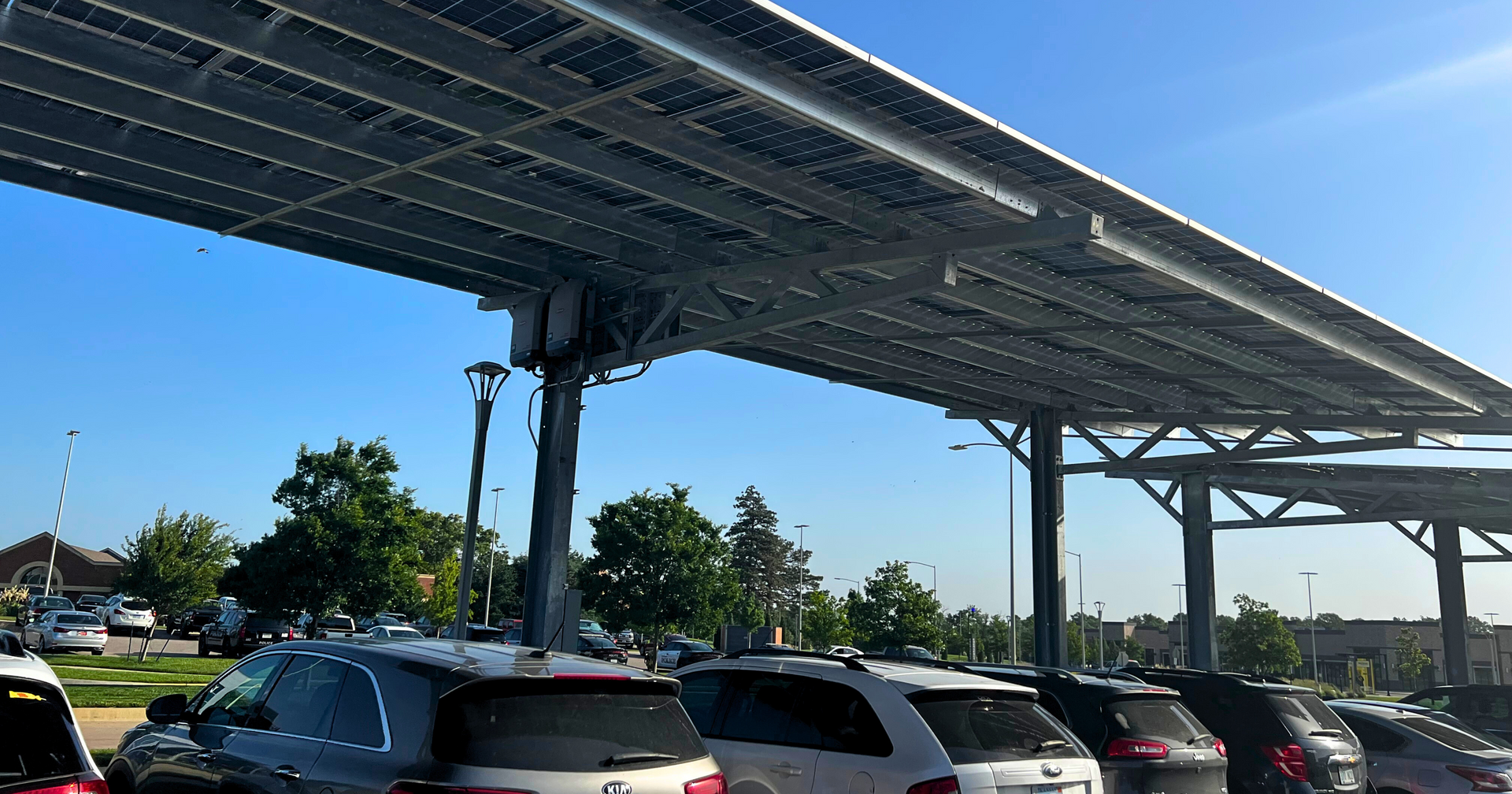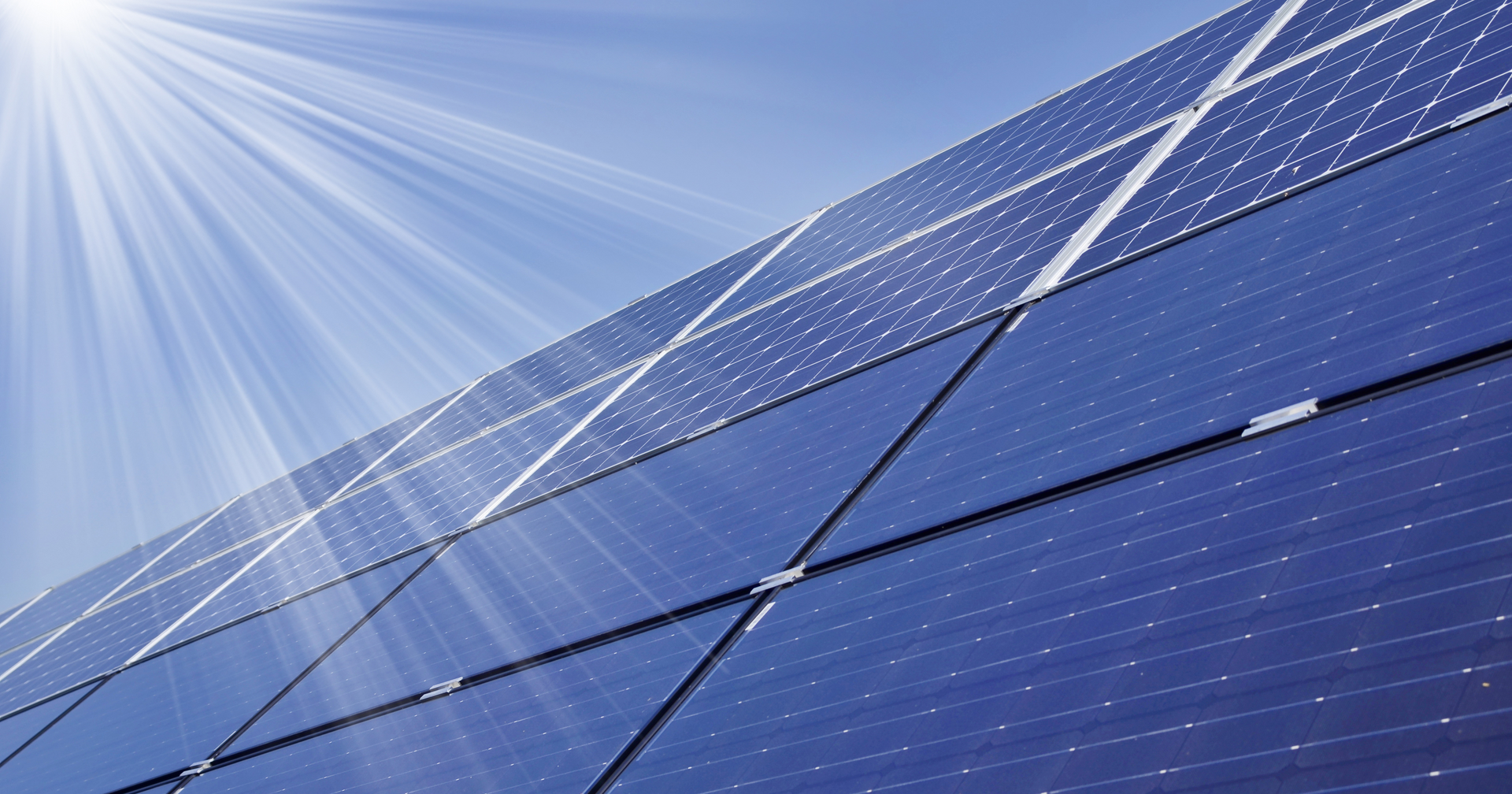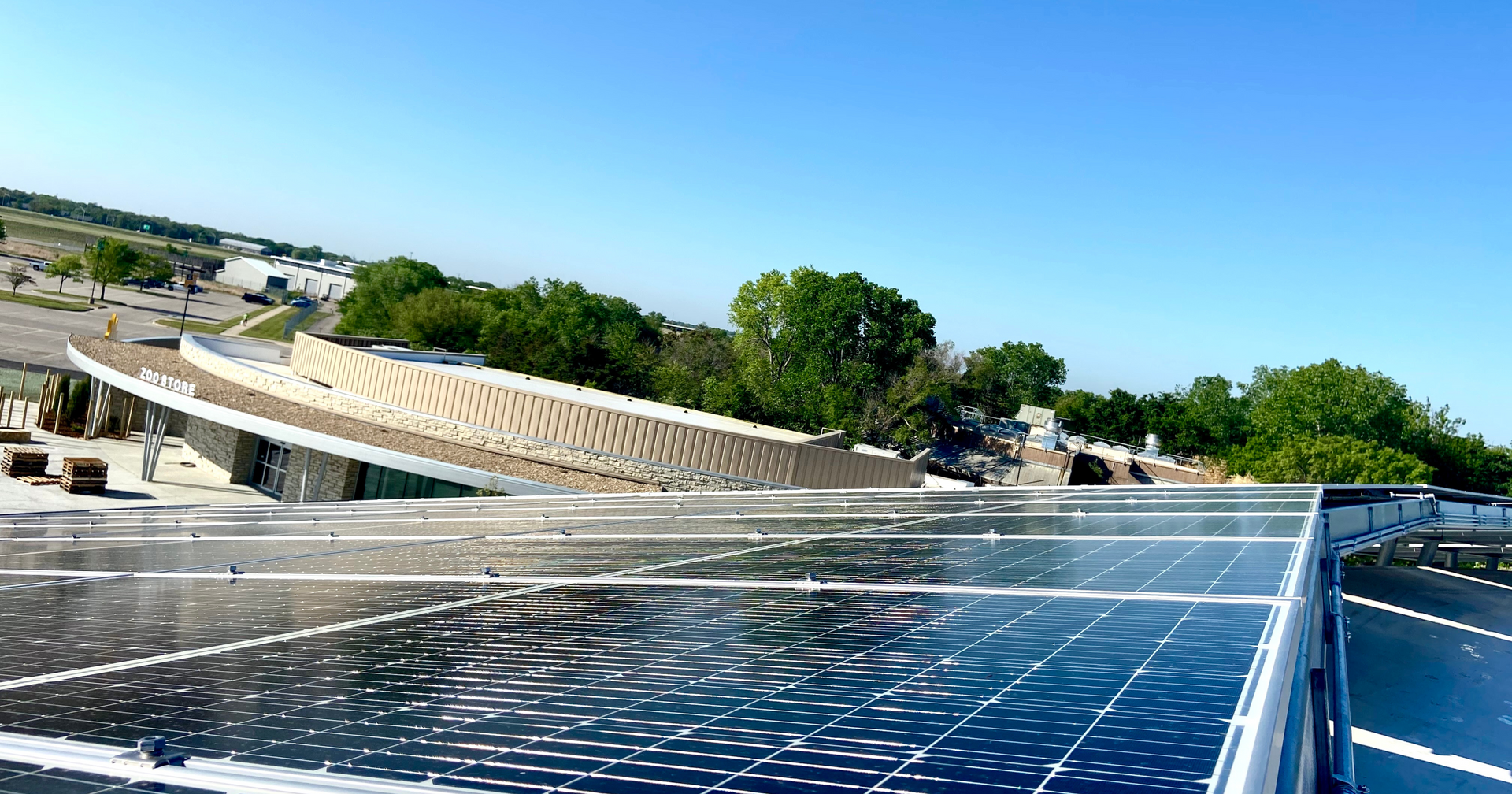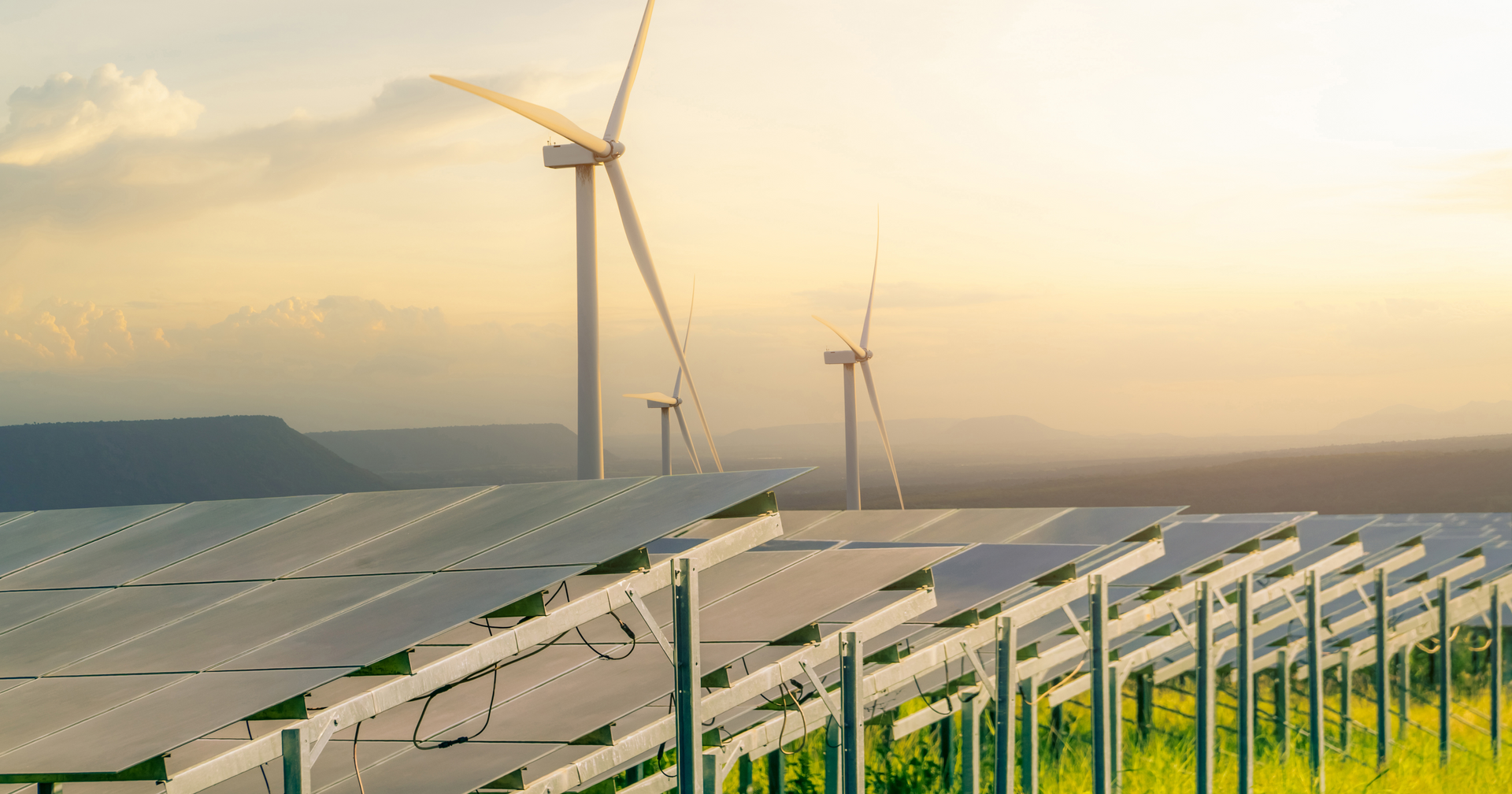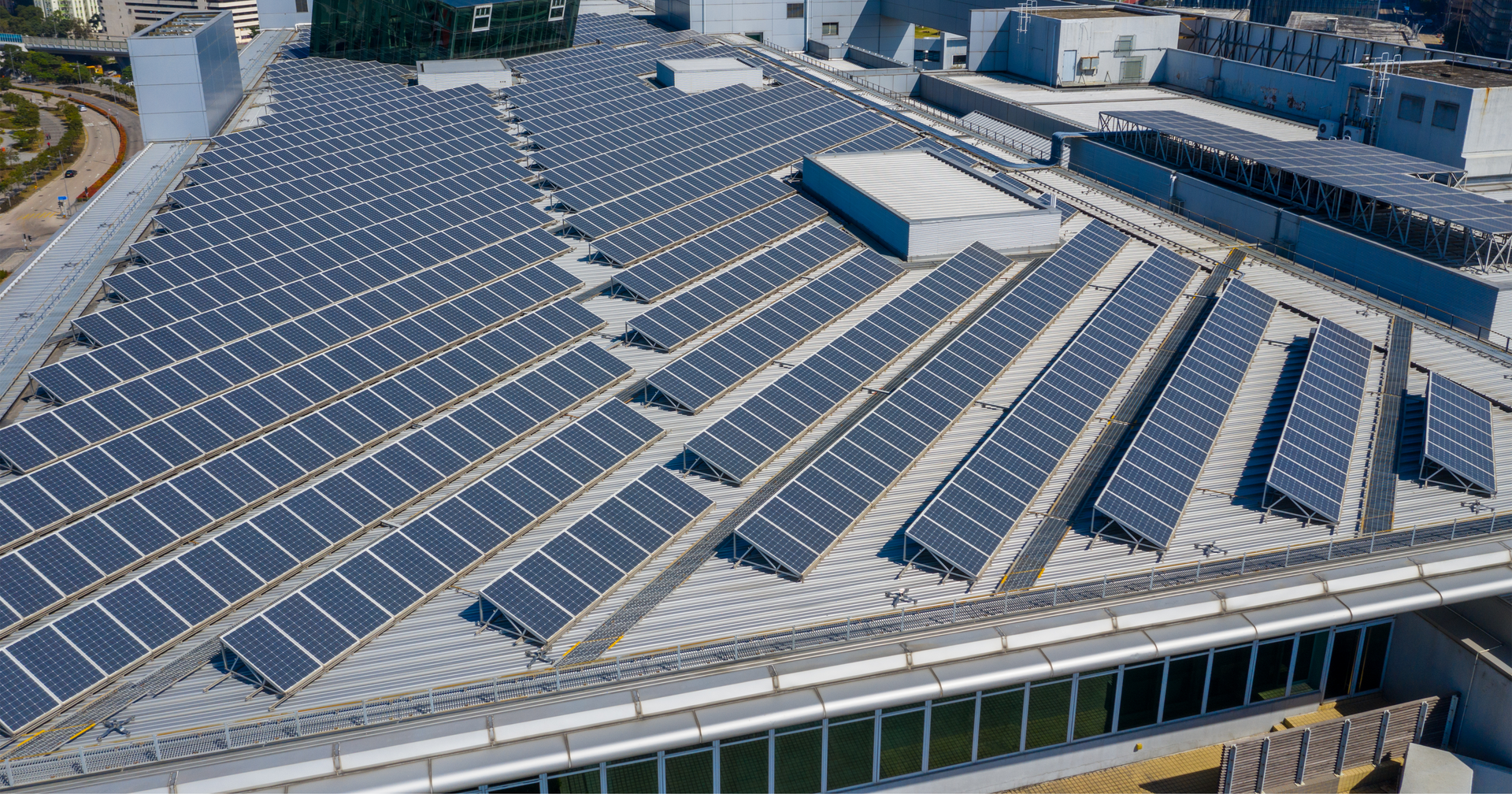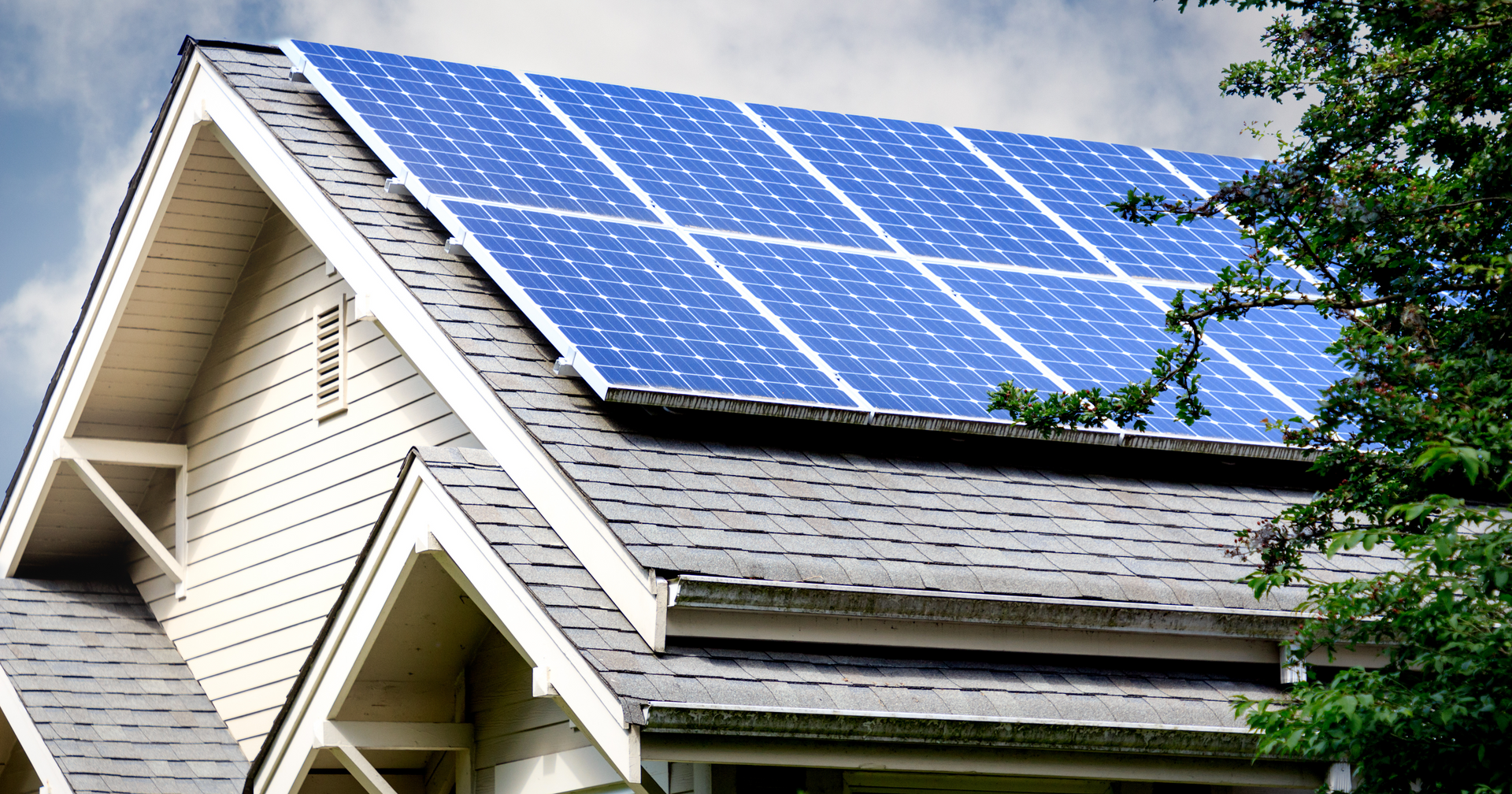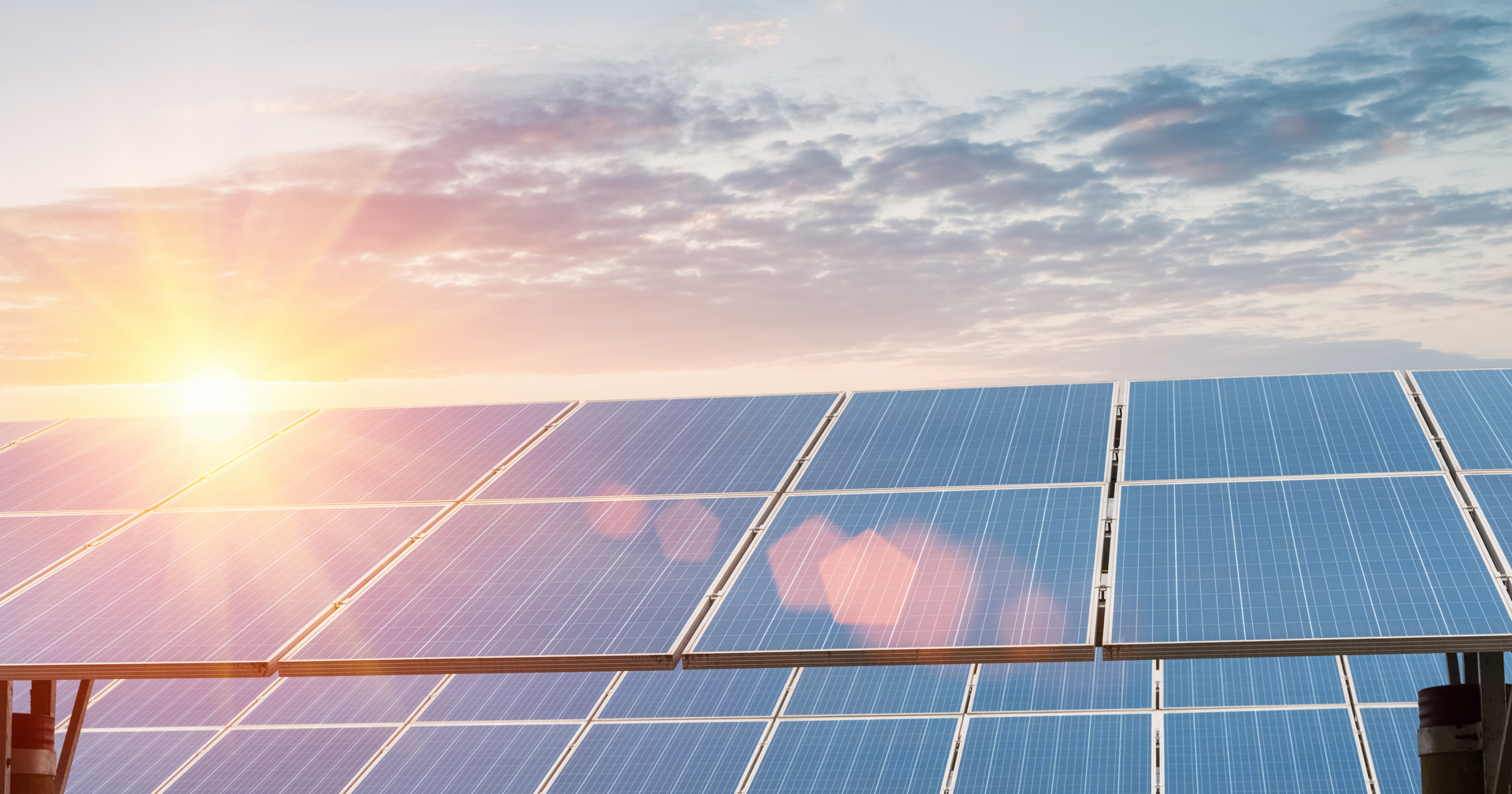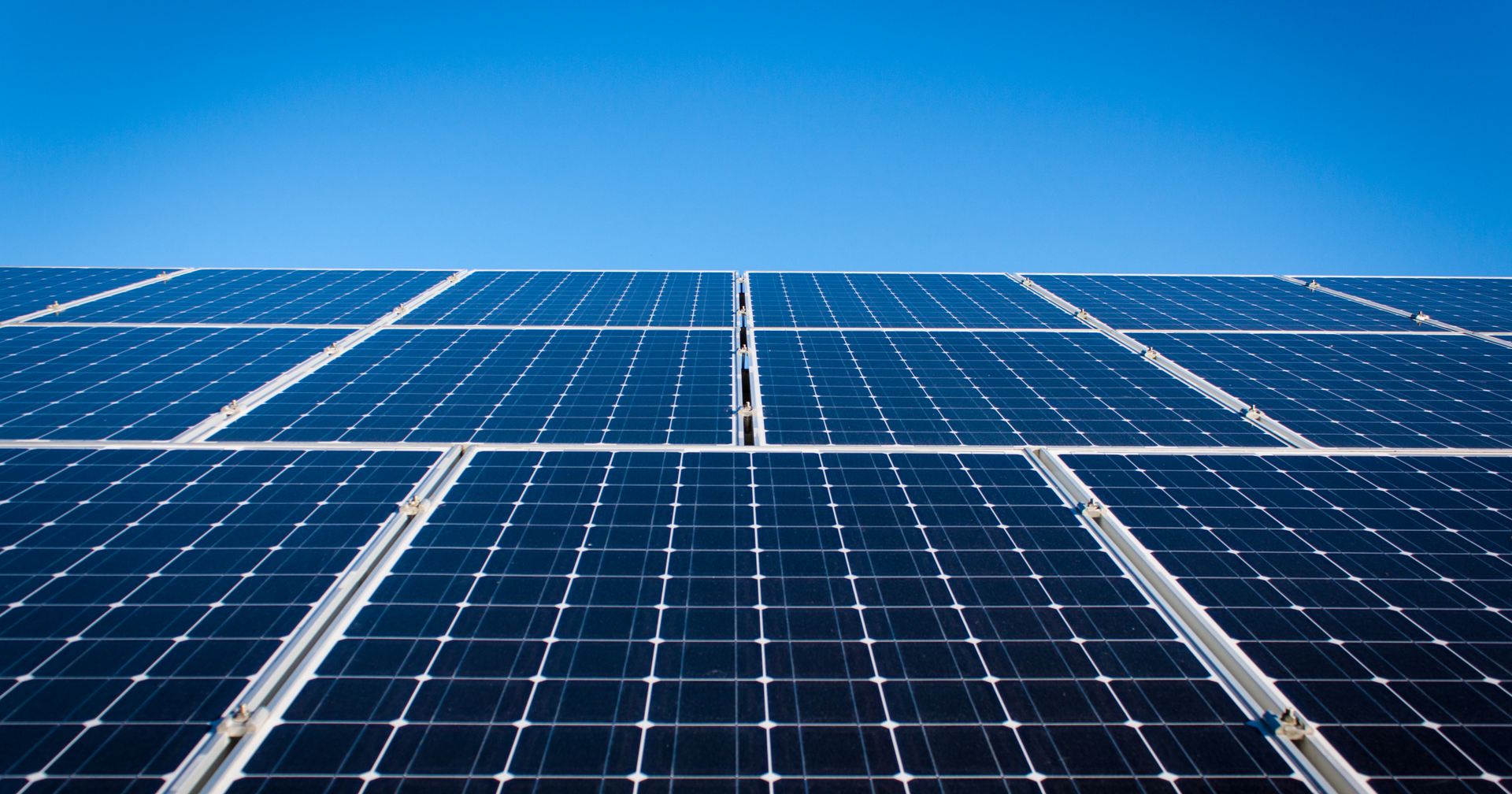Myths Busted: Separating Solar Energy Fact from Fiction
Debunking Solar Myths and Misconceptions
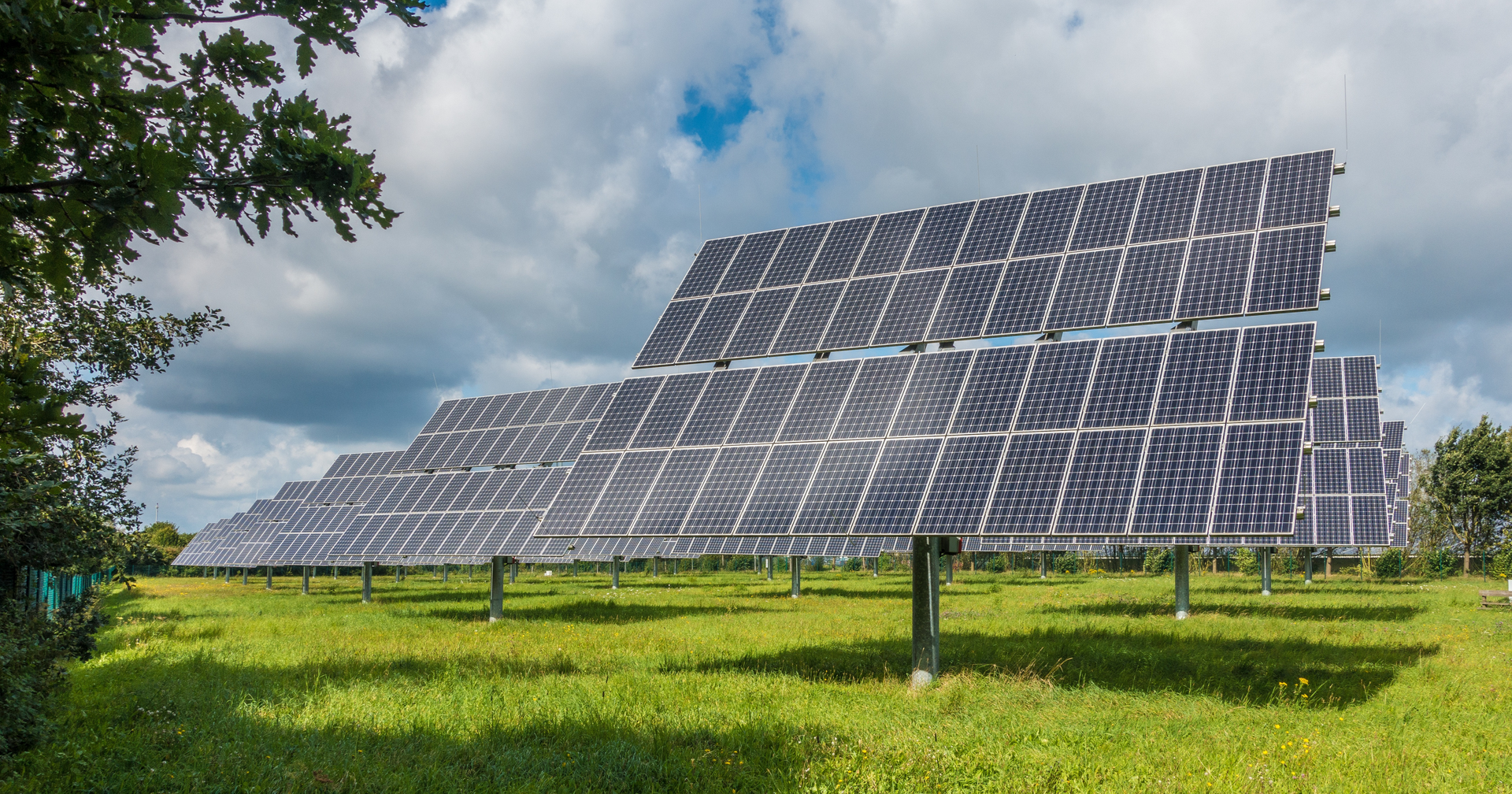
As the world seeks sustainable energy solutions to combat climate change, solar power has emerged as one of the most promising alternatives to traditional fossil fuels. However, with the rising popularity of solar energy, various myths and misconceptions have also surfaced.
Myth: Solar panels are not efficient enough to power homes.
Fact: The efficiency of solar panels has greatly improved over the years, making them more viable than ever before. Modern solar panels can convert sunlight into electricity with an efficiency of around 15-20%. Additionally, advancements in technology and research are constantly increasing panel efficiency. Moreover, solar energy systems can be customized to meet the specific energy needs of each home, ensuring adequate power supply.
Myth: Solar energy is expensive and not cost-effective.
Fact: While it's true that solar panels used to be relatively expensive, the cost has dramatically decreased over the past decade. This cost reduction, combined with various incentives, tax credits, and rebates offered by governments and utilities, has made solar energy much more affordable. Furthermore, installing solar panels can significantly reduce electricity bills in the long run, resulting in a return on investment within a few years.
Myth: Solar panels require constant maintenance.
Fact: Solar panels are designed to be durable and require minimal maintenance. Most reputable solar panel manufacturers offer warranties, also. Routine maintenance involves cleaning the panels periodically to remove dust and debris, which can be done with water and a soft cloth. Thanks to advancements in panel design and quality, maintenance needs have become much less demanding.
Myth: Solar energy is only suitable for sunny regions.
Fact: Solar panels can generate electricity even on cloudy days, though their output may be slightly reduced compared to bright, sunny days. Solar energy systems are installed all over the world, including regions with moderate sunlight. With proper system design and battery storage options, solar power can be harnessed effectively in various climates.
Myth: Solar panels are detrimental to the environment.
Fact: On the contrary, solar panels are one of the cleanest and most environmentally friendly energy sources available. Once installed, they produce electricity without emitting harmful greenhouse gases, unlike fossil fuels. Although the manufacturing process involves some environmental impact, the overall carbon footprint of solar energy is significantly lower compared to conventional energy sources.
Separating fact from fiction is crucial when considering the adoption of solar energy. The reality is that solar power has evolved into a reliable, cost-effective, and environmentally friendly energy solution for both residential and commercial applications. As technology continues to advance, we can expect solar energy to play an increasingly significant role in our transition toward a sustainable future. Call today!
